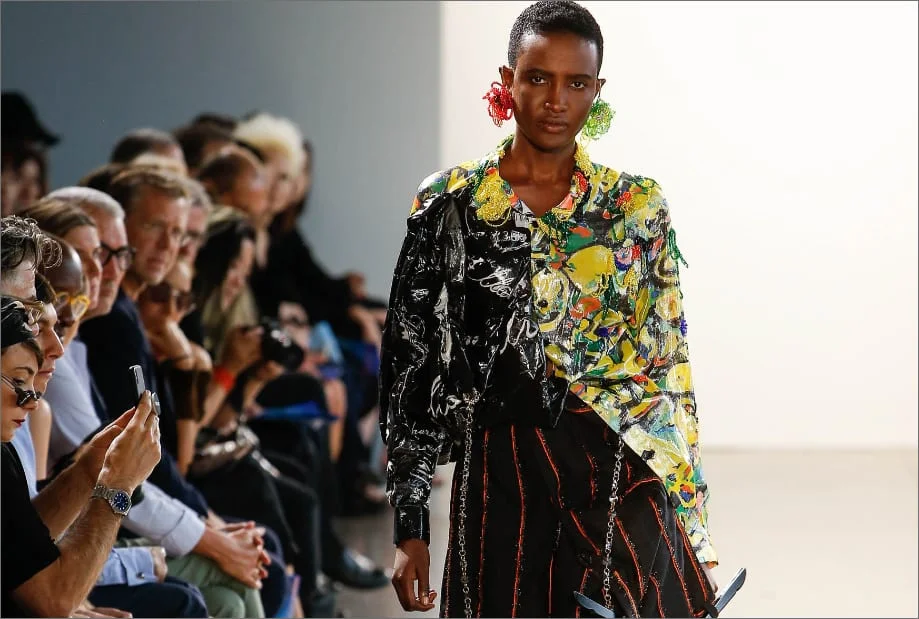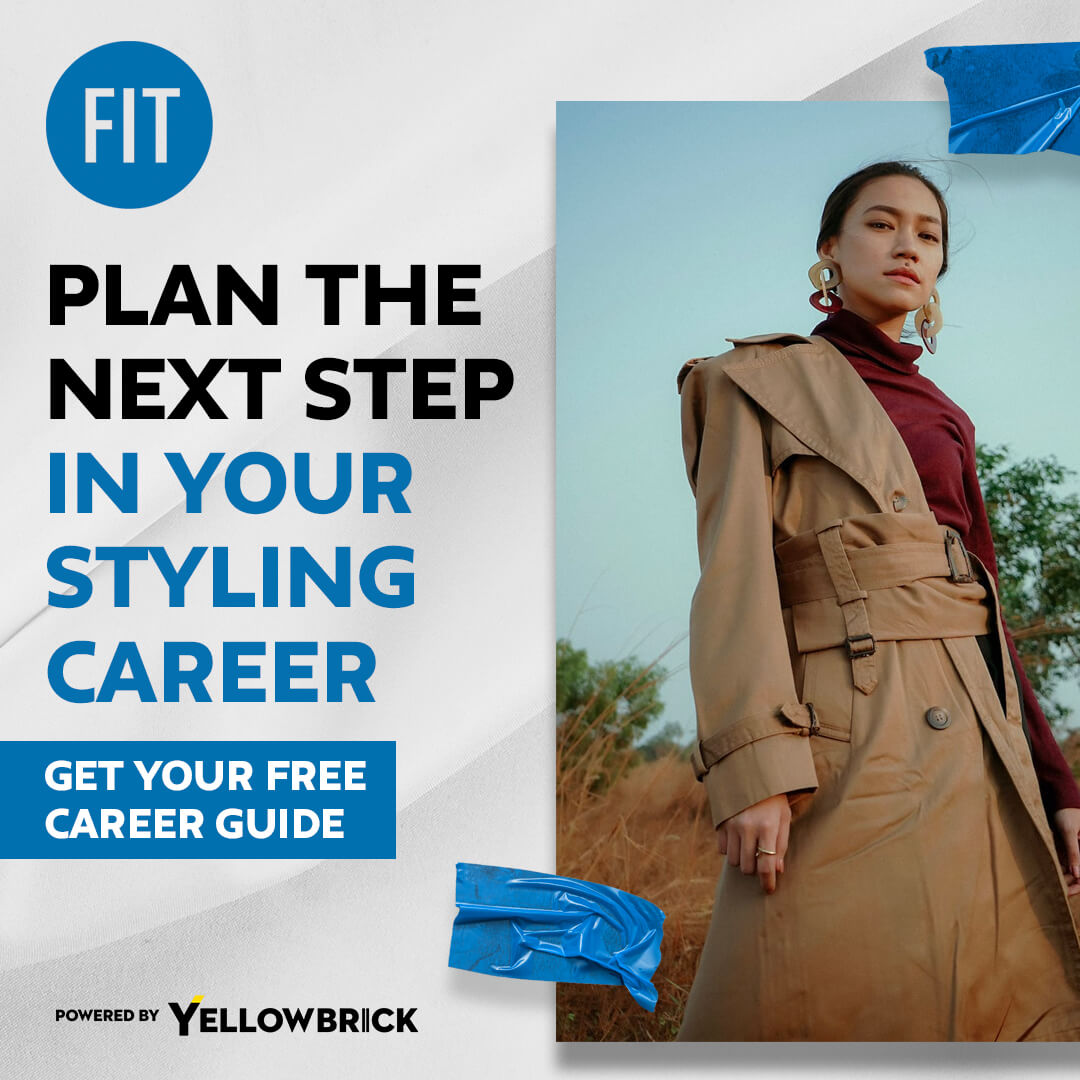Understanding the Role of a Vintage Buyer
Before diving into the world of vintage buyer jobs, it’s important to have a clear understanding of what the role entails. Vintage buyers are essentially treasure hunters, constantly on the lookout for rare and valuable vintage pieces. They research trends, attend auctions and estate sales, visit flea markets and thrift stores, and even travel to different cities and countries to find the best vintage items. Once they’ve acquired these pieces, they curate collections and determine pricing strategies to maximize their resale value.
Essential Skills for Vintage Buyers
To succeed as a vintage buyer, certain skills are crucial. First and foremost, you need to have a deep knowledge and appreciation for vintage fashion. This includes understanding different eras, designers, and materials commonly used in vintage clothing and accessories. Additionally, having a keen eye for quality and authenticity is essential when evaluating potential purchases. Negotiation skills, business acumen, and a strong sense of style are also valuable assets in this field.
Education and Training Options
While formal education is not always a requirement for becoming a vintage buyer, it can certainly give you a competitive edge in the job market. Several institutions offer programs and courses that focus on fashion merchandising, vintage fashion, and business management. New York University (NYU), through its Tisch School of the Arts and Parsons School of Design, offers programs that cover various aspects of the fashion industry. Online platforms like Yellowbrick also offer specialized courses that can enhance your knowledge and skills in the field.
Gaining Experience and Building a Network
As with any industry, gaining practical experience and building a network of contacts is crucial for landing a vintage buyer job. Consider internships or entry-level positions in fashion boutiques, vintage shops, or even with established vintage buyers. This will not only provide you with hands-on experience but also allow you to make connections within the industry. Attending industry events, such as vintage fashion fairs or trade shows, is another great way to expand your network and stay up-to-date with the latest trends and developments.
Tips for Breaking into the Industry
Breaking into the vintage buying industry can be challenging, but with the right approach, it’s certainly achievable. Here are some tips to help you get started:
- Build a strong online presence: Create a website or blog where you can showcase your knowledge and expertise in vintage fashion. Utilize social media platforms to share your finds and connect with fellow vintage enthusiasts.
- Develop a unique selling point: Differentiate yourself from other vintage buyers by specializing in a particular era or style. This will help you attract a niche audience and establish yourself as an expert in that area.
- Stay informed and adaptable: The vintage fashion industry is constantly evolving. Stay on top of trends, attend industry events, and be open to adapting your strategies to meet the changing demands of the market.
- Network, network, network: Attend industry events, join vintage fashion communities, and reach out to established vintage buyers for mentorship or guidance. Building relationships within the industry can open doors to exciting opportunities.
By honing your skills, gaining practical experience, and building a strong network, you can turn your passion for vintage fashion into a fulfilling and rewarding career.
Key Takeaways
- Vintage buyers are responsible for sourcing and acquiring unique and valuable vintage pieces for resale.
- Essential skills for vintage buyers include a deep knowledge of vintage fashion, a keen eye for quality and authenticity, negotiation skills, business acumen, and a strong sense of style.
- While formal education is not always required, it can provide a competitive edge. Institutions like NYU, Parsons, The New School, FIT, and FIDM offer fashion-related programs.
- Gaining practical experience and building a network through internships, entry-level positions, and industry events is crucial.
- Tips for breaking into the industry include building an online presence, developing a unique selling point, staying informed and adaptable, and networking with established vintage buyers.
vintageTo further enhance your knowledge and skills in the field of vintage buying, consider taking the FIT Fashion Styling Foundations online course and certificate program offered by Yellowbrick. This comprehensive program covers various aspects of the fashion industry and can provide you with valuable insights and practical skills to excel in your vintage buyer career. So, take the next step and invest in your professional development today.








